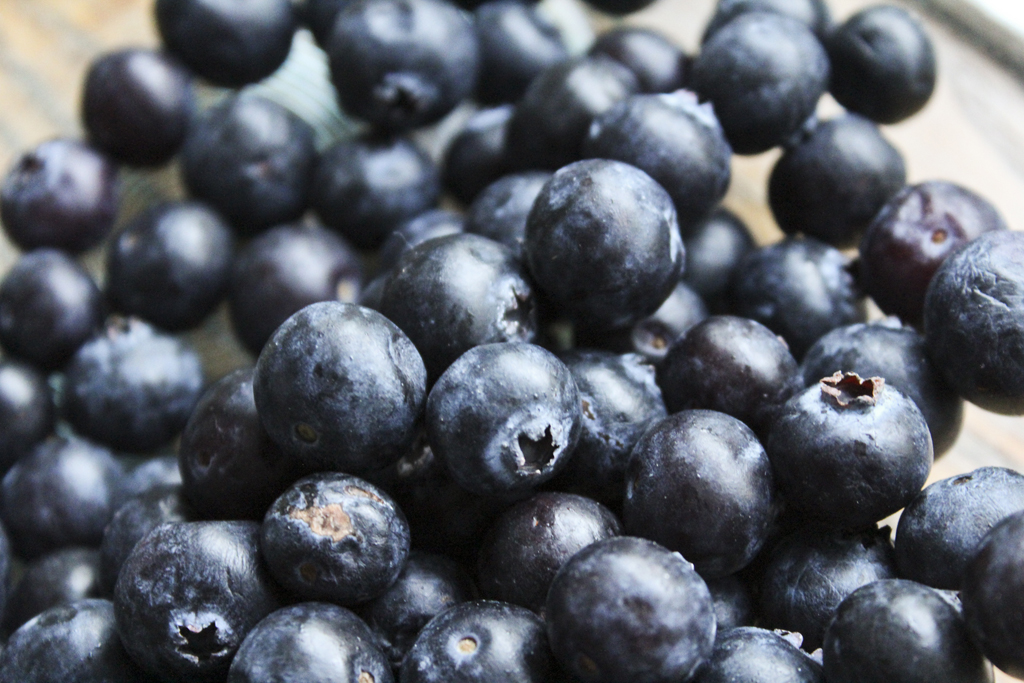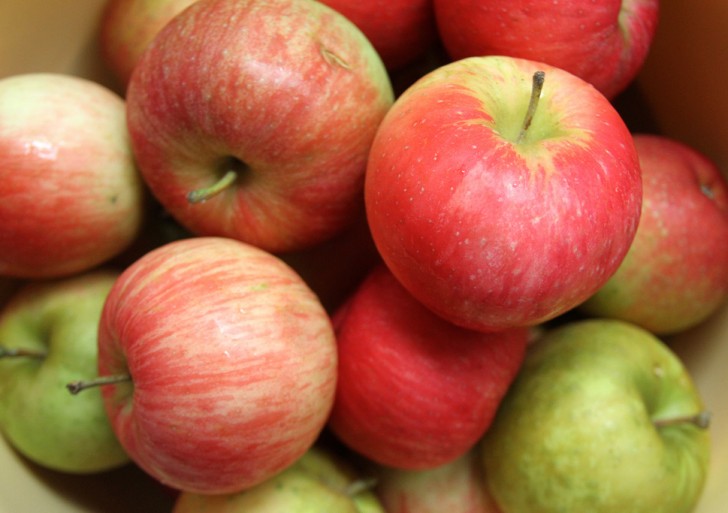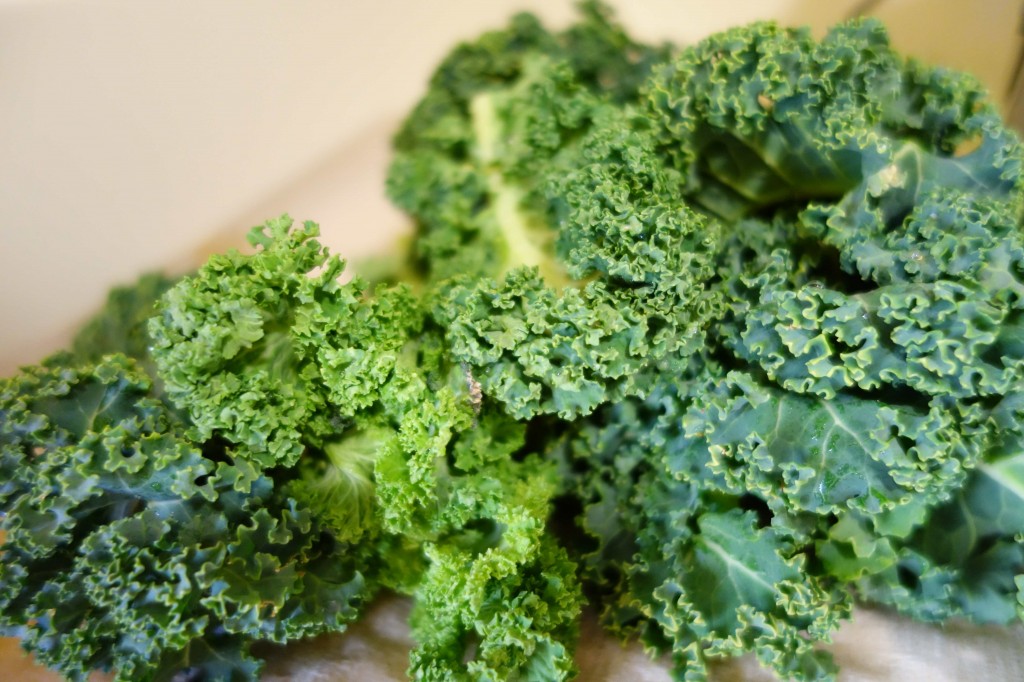The What
The Mediterranean diet? That was so last year. Say hello to the new, hot and healthy diet known at the Nordic diet. Developed in 2004, the Nordic diet is similar to the Mediterranean diet and acts as a set of guidelines for eating rather than a strict diet plan. The diet is based on foods originating from Denmark, Finland, Iceland, Norway and Sweden. The Nordic diet is not just a fad diet. Extensive research has been done on the beneficial effects of this diet on overall health and its positive environmental impacts.

Photo by Lauren J. Kaplan
The How
The Nordic diet is based on three central themes:
- Eating less meat and more plant-based foods.
- Eating more foods from the ocean and lakes, particularly fish and shellfish.
- Eating more foods from the wild countryside, such as root vegetables, wild game, and berries.

Photo by Hannah Lin
Like the Mediterranean diet, the Nordic diet emphasizes fish and plant-based food consumption, but it encourages the use of canola oil as the main cooking oil instead of olive oil (canola oil contains more heart-healthy omega-3 fatty acids than olive oil) and shuns processed foods and refined grains. Some staples of the Nordic diet include root and cruciferous vegetables, foraged foods, berries, oily fish, canola oil, whole grains, legumes and wild game. Ideally, the food should be organic or locally sourced.

Photo by Maggie Gorman
The Why
Fortunately, the Nordic diet has been well-researched and, so far, studies have shown that being on the Nordic diet has a wide range of health benefits. First and foremost, people on the diet lose weight and had little trouble sticking to diet guidelines, even though they were never told to restrict their caloric intake. Sounds like a good way to counteract our country’s alarming obesity problem, if you ask me. Secondly, studies that relied on blood biomarkers and not just self-reported diet surveys show that the diet decreases the risk of developing heart disease, improved blood lipid profiles, lowered blood pressure and improved insulin sensitivity.

Photo by Jacky Falkenberg
Not sure where to start? Try baking this simple Icelandic thunder bread or making a herring salad for lunch instead of your usual ham-and-cheese sandwich.


